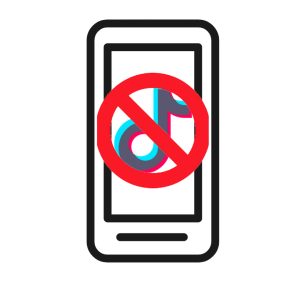By Jessica Whitney ’16 | Staff Writer
Influenza, commonly known as the flu, is a contagious disease that can be spread by coughing, sneezing, and close contact, according to Centers for Disease Control and Prevention (CDC). Virus spreads across the United States usually from October to May. Thousands of citizens die every year or are hospitalized due to the flu.
That is not all, for the flu can also lead to pneumonia, and any pre-existing medical conditions an individual had prior could severely worsen, according to the CDC. When infected by the flu, people with specific health conditions are at a higher risk to get sicker than others.
“Any two people in the same environment can easily get affected. Doctors, nurses, or pharmacists like myself are at risk too,” said Jonida Hackovija, R. Ph. Pharmacist.
Symptoms of influenza may appear suddenly and last for several days, according to the CDC. Some of these symptoms could include anything from a runny or stuffy nose to a sore throat.
The flu may be prevented by something as simple as washing one’s hands, said Hackovija. Washing hands with soap is highly recommended after touching or being close to someone that is sick. Sharing utensils creates a large risk of getting infected by the flu, too.
The best protection from the influenza virus is the flu vaccine, according to CDC. The vaccine does not contain any live virus, so it is impossible to get the actual flu from it. The vaccination is injected via a needle or nasal spray.
The vaccine is different every year, said Hackovija. Different strains of vaccines that could cause potential influenza for the specific year of subject are used for the shot. Almost everyone that gets the flu shot gets a three strand vaccine.
The vaccine cannot prevent all types of the flu, according to the CDC. It only protects against three to four different influenza viruses, but is the strongest defense against the flu. Every annual vaccine is made to shield from what viruses are most likely going to cause disease that year.
Nine to ten people per day walk into the CVS Pharmacy on Mack Ave. without an appointment and ask for a flu shot, said CVS pharmacist Rajani Thomas. They are handed a form to fill out their allergies and medical health conditions. Ninety-nine percent of the time insurance covers the payments for the flu shot.
Beth Coyle ’16 has been getting the shot for over seven years, said Coyle. This year she received one for $25, and insurance covered the rest.
“I got it [the influenza shot] and recommend it unless you have had an allergic reaction,” said Thomas.
Although rare, severe side effects could occur after any vaccine, including the flu shot, according to the CDC. It is possible that jerking movements or brief fainting spells may occur. One way to help prevent this is by sitting or lying down for 15 minutes after the initial vaccination.
“I got it this year, and broke out in hives,” said Coyle. “It was probably just an allergic reaction.”
Mild problems occur immediately after the shot, and last for about one or two days, according to the CDC. Wherever the needle was applied, there could possibly be redness or swelling. Flu-like symptoms such as aches or fatigue are also common.
To learn more about the influenza shot, visit CDC’s website at www.cdc.gov/flu.


















































































